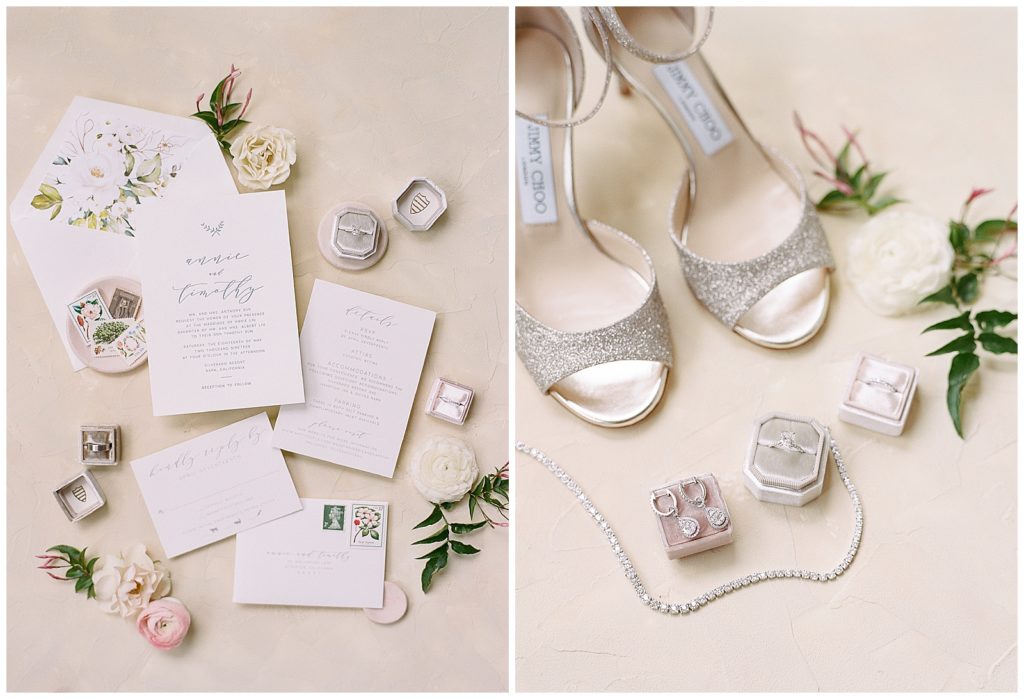On November 20, it was announced that Western countries proposed to submit a draft resolution against Iran in exchange for limiting Iran’s uranium enrichment level to a level slightly below the level of nuclear weapons Ta . The photo shows IAEA Director General Grossi. Photo taken in Tehran, Iran, provided (2024 Reuters/WANA (West Asia News Agency))
[ウィーン 19日 ロイター] – Iran has proposed not to increase its stockpile of highly enriched uranium on the condition that Western countries do not adopt a resolution against Iran regarding its nuclear program at the International Atomic Energy Agency (IAEA) board meeting ) will be held this week, but is not. It was published on the 19th, based on discussions with the IAEA and diplomatic officials.
According to a classified IAEA report seen by Reuters, Iran has recommended not expanding its uranium stockpile, which has been enriched to 60%, close to the 90% nuclear weapons level, and is proceeding with preparations Yes.
According to the report, when IAEA Director General Grossi visited Iran last week, there was “discussion that Iran was unable to further expand its uranium stockpile to 60%.” The IAEA also confirmed that Iran “has begun to implement preparatory measures.” “
Iran’s Foreign Minister, Araghchi, told French Foreign Minister Barro that France, Germany, and Great Britain to send a resolution against Iran would “complicate the situation” and go against the “positive atmosphere” that had developed between Iran and the IAEA Ministry of Foreign Affairs announced on the 20th that there was a backlash.
Western diplomats have described Iran’s proposal as a vague, last-ditch effort to circumvent the resolution, similar to last March when Iran promised to strengthen cooperation with the IAEA but did not they never refused to accept it.
“Iran could easily change its position again,” said one Western diplomat.
According to another report, Iran also agreed to consider allowing four “expert inspectors” from the IAEA to work in Iran. Last year, Iran refused to accept most of the IAEA’s nuclear weapons experts, which the agency called a “serious blow” to its ability to properly carry out its mission in Iran. .
Diplomats said they believed the four inspectors were different from those Iran refused to accept last year.
Diplomats say the draft resolution against Iran, backed by Britain, France, Germany and the United States, accuses Iran of not cooperating with the IAEA and demands a “complete report ” on Iran’s nuclear activities.
The resolution is almost certain to be accepted by the board of directors. Only Russia and China opposed their previous resolution against Iran in June.
The resolution aims to pressure Iran to return to negotiations and agree to new limits on its nuclear activities. Although most of the provisions of the 2015 Iran nuclear deal have been violated, the official expiration date is in October next year.
This IAEA board meeting is the last quarterly meeting before the inauguration of President-elect Donald Trump. In 2018, during his first term in office, Trump withdrew from the Iran nuclear deal, suspending Iran’s compliance obligations.
It is unclear whether Trump will support nuclear talks with Iran. Mr. Trump has promised to work more closely with Israel, archeology of Iran and who opposes the nuclear deal.
Our code of conduct:Thomson Reuters “Principles of Trust”
#Iran #proposes #stop #increase #highly #enriched #uranium #resolution #shelves
2024-11-20 11:23:00

What are the main concerns regarding transparency and cooperation between Iran and the IAEA in light of Iran’s proposed limits on uranium enrichment?
1. Iran’s Proposal: Can you provide more details on Iran’s proposal to limit uranium enrichment to a level below nuclear weapons’ threshold and what specific guarantees they are seeking in return from Western countries? What are the potential implications of this proposal, both for Iran’s nuclear program and international efforts to curb its nuclear ambitions?
Guest 1: The Iranian proposal is for Western countries to refrain from adopting a resolution at this week’s IAEA board meeting in exchange for Iran’s commitment not to expand its stockpile of highly enriched uranium, which is currently at 60% purity. Iran is suggesting that they will maintain this level below the 90% threshold needed for nuclear weapons. However, there aren’t any specific guarantees mentioned in the proposal, which could indicate that Iran views this as a bargaining tactic rather than a genuine attempt to resolve the issue. The potential implications of this proposal depend on how serious Iran is about complying and how willing Western countries are to drop their plans for a resolution. If successful, it could ease tensions around Iran’s nuclear program and open the door for further negotiations. Conversely, if the proposal fails, it could escalate the situation and undermine confidence in Iran’s commitment to non-proliferation efforts.
Guest 2: It seems that Iran is offering a vague and tentative proposal in return for Western countries holding back on a resolution. This raises concerns about Iran’s commitment to transparency and cooperation with the IAEA. It’s important to note that Iran has a history of non-compliance with its nuclear obligations and has been accused of using its civilian nuclear program as a cover for nuclear weapons development. If Iran fails to fully cooperate with the IAEA and adhere to international non-proliferation norms, it could undermine efforts to prevent the spread of nuclear weapons and destabilize the region.
2. Role of the IAEA: How critical is the IAEA’s role in monitoring and verifying Iran’s compliance with its nuclear commitments? What challenges does the IAEA face in conducting its work in Iran, given the political tensions and the recent expulsion of inspectors?
Guest 1:

